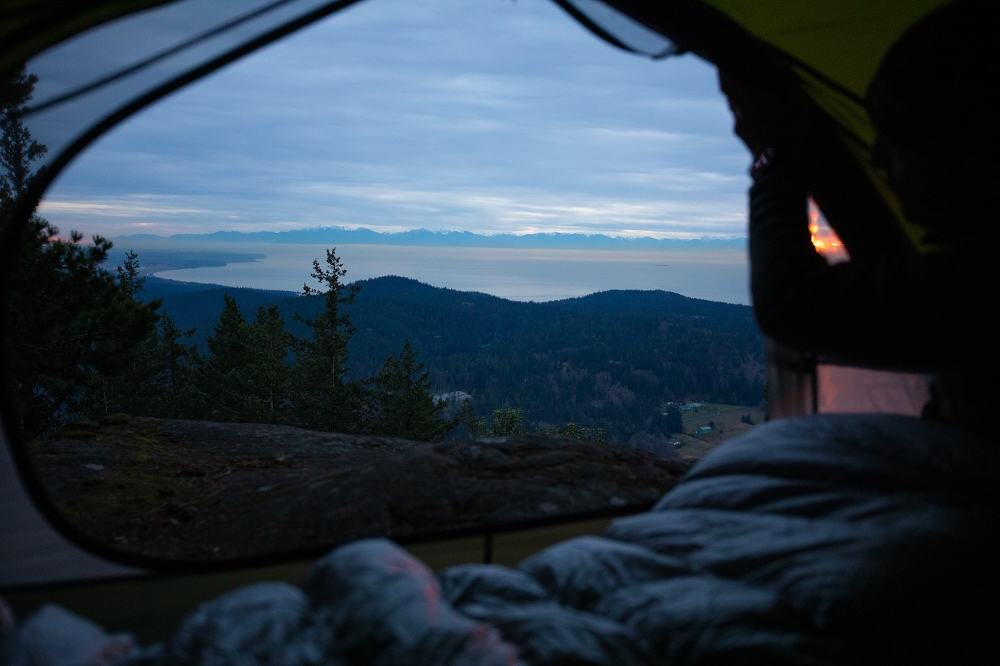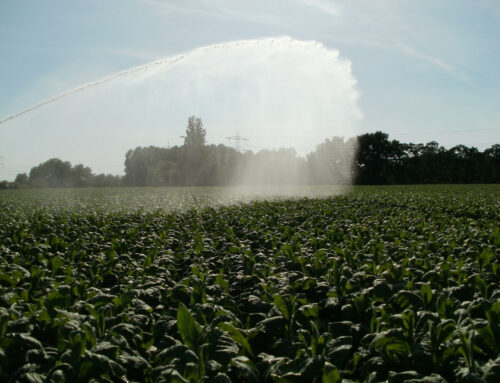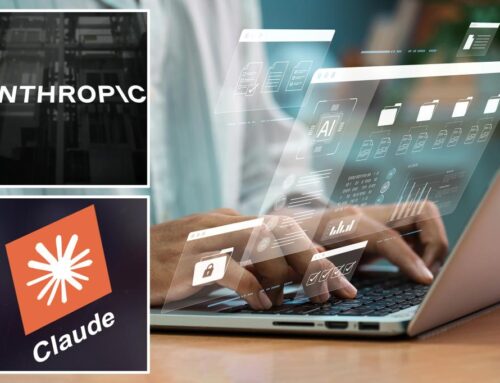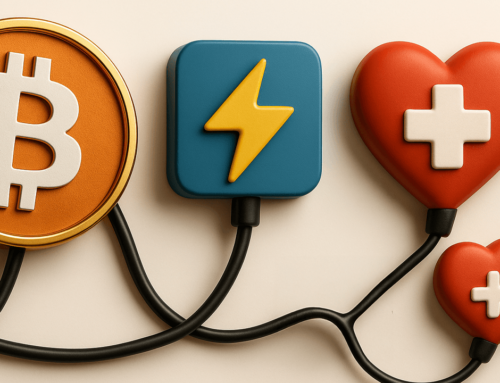Governor sparks backlash after rejecting energy-focused legislation backed by both parties
May 23, 2025
Despite support from both sides of the aisle, the governor of Virginia threw out legislation that championed the use of renewable energy.
What’s happening?
According to the Virginia Mercury, Gov. Glenn Youngkin rejected two clean energy bills. The legislation aimed to motivate homes and businesses to start solar projects. Additionally, the bills reinforced plans to capture and store electricity from renewable sources by Dominion Energy, a utility company.
Solar production and energy storage would save billions of dollars in fuel over the next decade, according to Dominion Energy. Josephus Allmond, a staff attorney at the Southern Environmental Law Center, said Gov. Youngkin supported legislation opposing the Virginia Clean Economy Act — despite describing himself as an “all-of-the-above” energy supporter.
“It’s disappointing that the governor chose to engage with [the energy legislation] in such an unserious way,” Allmond said. “We thought we had good meetings.”
Following his decision to veto the bills, a statement on behalf of Gov. Youngkin said he did not support the legislation because he was concerned that utility customers would be impacted financially.
Why is clean energy important?
Generating electricity from clean and renewable sources like solar and wind can help communities reduce their carbon impact, per the U.S. Environmental Protection Agency. Renewable energy not only reduces air pollution, but it can also help consumers save money.
According to the United Nations, renewable energy is a more affordable energy option. The cost of electricity from solar power decreased by 85% between 2010 and 2020, per data from the International Renewable Energy Agency.
Dirty fuels like oil, gas, and coal account for more than 75% of heat-trapping pollution. Meanwhile, renewable energy sources are sustainable alternatives that can help slow the impacts of the warming climate, such as displacement from more intense extreme weather. The UN warned of devastating effects if pollution doesn’t reach net-zero by 2050.
What’s being done about clean energy?
The Environmental Protection Agency has renewable energy programs in place to help consumers save energy and lower costs. The agency also urged local governments to set an example by buying or generating electricity from renewable sources.
Meanwhile, there have been both progress and roadblocks at the state level. In addition to the rejected bills in Virginia, proposed legislation in states like Texas and Michigan has made it harder to reach renewable energy goals.
TCD Picks » REI Spotlight
💡 REI’s Re/Supply program makes it easy for REI Co-op members to shop and trade in high-quality used gear and apparel for massive discounts
Other states — like Rhode Island — are moving forward with clean energy investments. Rhode Island lawmakers passed the Energy Storage Systems Act last year with the intention of enabling a renewable energy grid through more energy storage capacity.
Join our free newsletter for good news and useful tips, and don’t miss this cool list of easy ways to help yourself while helping the planet.
Search
RECENT PRESS RELEASES
Related Post


















